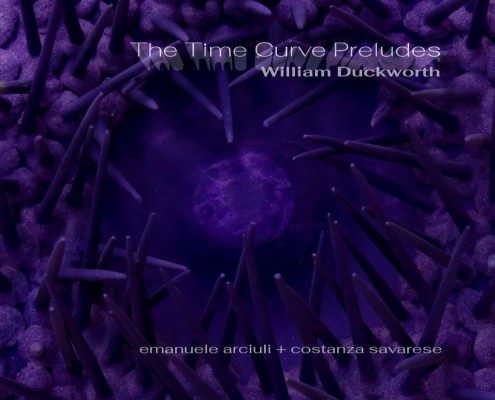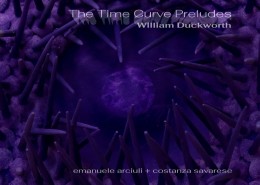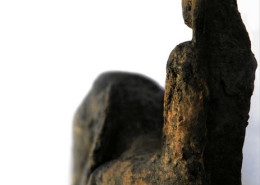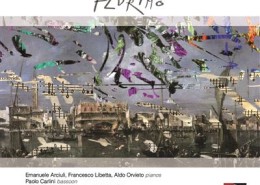William Duckworth: The Time Curve Preludes
Has it really been 44 years already since William Duckworth published his collection of solo piano miniatures, The Time Curve Preludes (1979)? Do the math – yes – and yet this squishy sense of time and memory is exactly why the Preludes were so pivotal back then, signaling the end of an era and also pointing to a new dawn. To this day, they remain iconic gems, as timeless as they are delightful. Rarely has a new musical revolution sounded so pretty.
The 70s were a time of tape loops, synthesizer drones and sequencers, the recognition of World Music, Prog Rock, and the emancipation of classical composition from its 12-tone orthodoxy. But the 60s drawn out, hypnotic, abstract patterning, and mechanical processes of La Monte Young, Philip Glass, Steve Reich, Terry Riley and others could only last so long. They demanded a mode of listening at best trippy, at worst boring. What might a middle ground sound like?
It was only a matter of time before someone like Duckworth (1943-2012), with a wealth of musical perspective from his teaching and writing career (as well as being a former student of Ben Johnston and expert on John Cage), would contaminate those boundaries and blend in more varied avant garde attitudes. The Time Curve Preludes thus became a prelude to generations of Postminimalists current today (familiar from composers such as John Adams, Louis Andriessen, Julius Eastman, and Gavin Bryars). You can hear in its jaunty modal figurations everything from banjo picking to Gregorian chant, Jerry Lee Lewis, Schumann and Satie, all over a ghostly resonant drone suggesting Indian Classical music. In turn, these musical fragments and jaunty tunes are subjected to calculated speeding-up and slowing-down (the time-curves) according to proportional number games (our old friend, Fibonacci, again). There’s no exact repetition and there’s never a dull moment.
Italian star pianist Emanuele Arciuli – a leading proponent of piano works by George Crumb, Philip Glass, Lou Harrison, Frederick Rzewski and many others – brings his sensitive virtuosity and delicate joy in revisiting this sonic classic for a new generation. He is joined by rising star vocalist (also known as a guitarist), Costanza Savarese, in the first recording of Duckworth’s Simple Songs About Sex and War, written in collaboration with poet Hayden Carruth.
Shop






